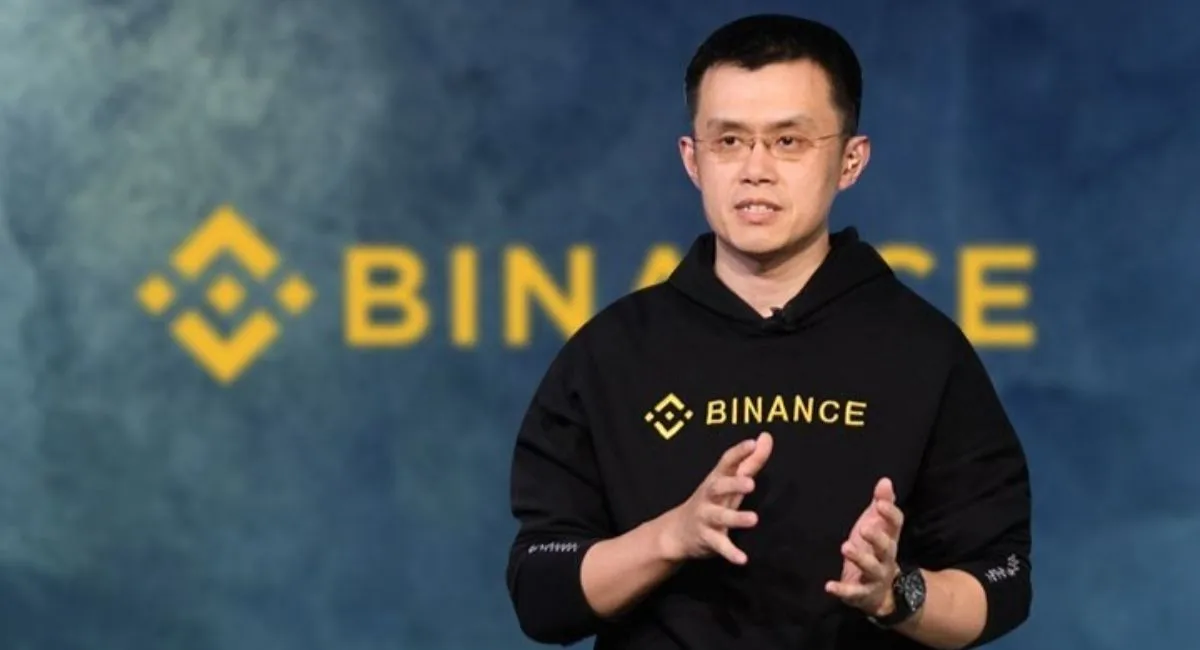- Binance, the prominent cryptocurrency exchange, has abruptly terminated its provision of services to Banco de Venezuela, a major financial institution in Venezuela, which currently possesses 60% of the country’s total banking assets.
- The observed alteration was brought to the attention of various users, one of which being Ana Gabriela Ojeda, a Venezuelan legal professional known as @criptolawyer, on social media platforms.
- The researchers noted the sudden removal of Banco de Venezuela’s payment method from Binance’s peer-to-peer (P2P) platform, which occurred without any previous notification.
- Binance’s recent action of suspending accounts associated with sanctioned Russian institutions indicates its commitment to adhering to international financial restrictions.
- Binance is currently encountering regulatory obstacles in multiple jurisdictions, including the United States, prompting the exchange to refrain from engaging in trades that could potentially contravene American sanctions imposed on Venezuela.
- Although certain users may continue to use Banco de Venezuela’s payment mechanism, Binance highly discourages this practice and explicitly states that it will not provide any assistance to consumers encountering challenges associated with its usage.
- The P2P platform of Binance continues to provide access to private Venezuelan banks such as BBVA Provincial, Banesco, and Banplus, ensuring the ongoing provision of financial services to customers in Venezuela.
- According to Ana Ojeda, the decision made by Binance might potentially serve as an evaluative measure to assess the reaction of Venezuelan users towards the elimination of Banco de Venezuela. The author also underscores the dynamic political and legal environment pertaining to cryptocurrencies in the United States, which may influence Binance’s conduct.
- Binance faces a delicate problem in effectively managing compliance with sanctions while simultaneously offering services to Venezuelan users who are grappling with economic difficulties.
(1)
